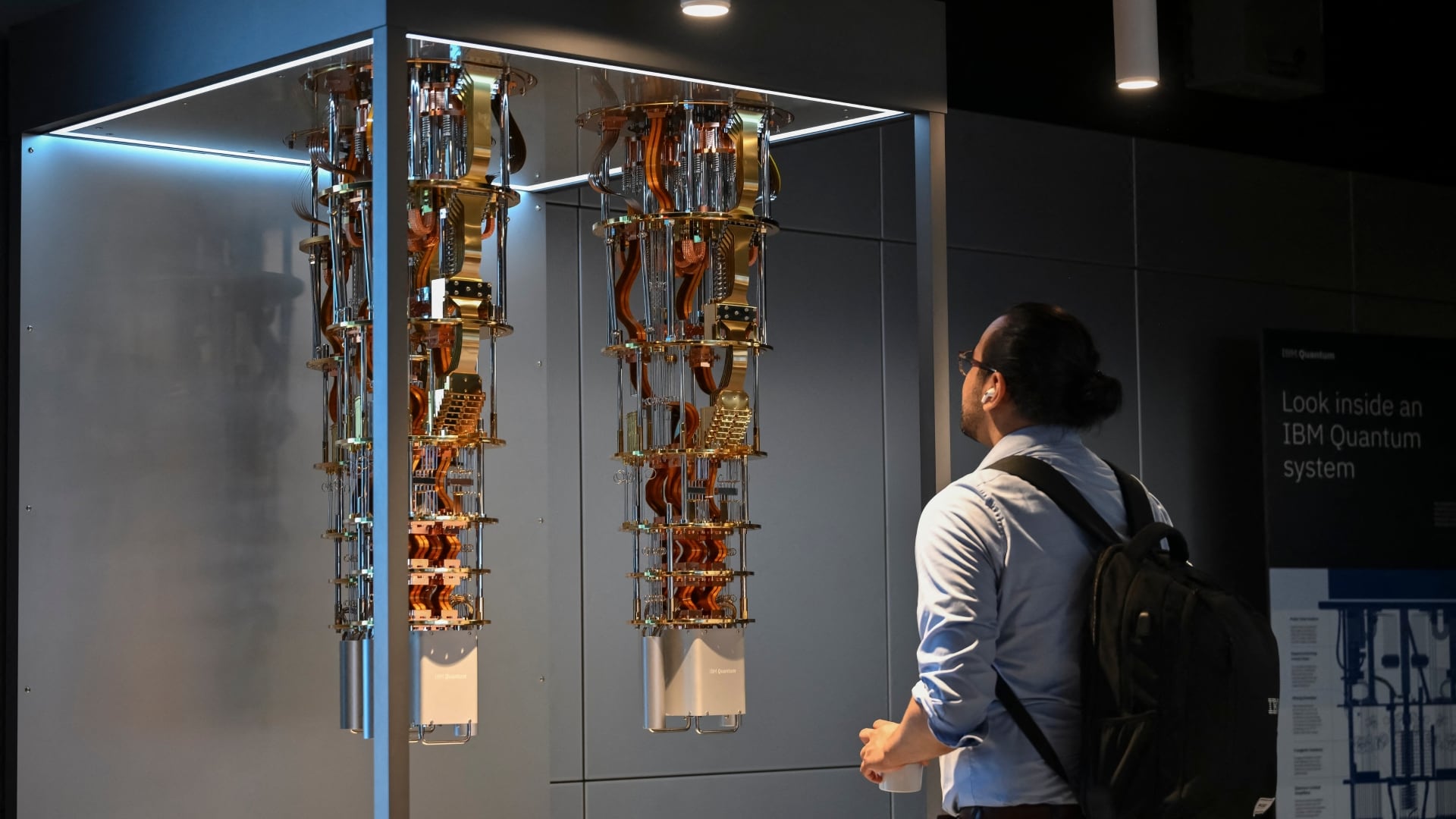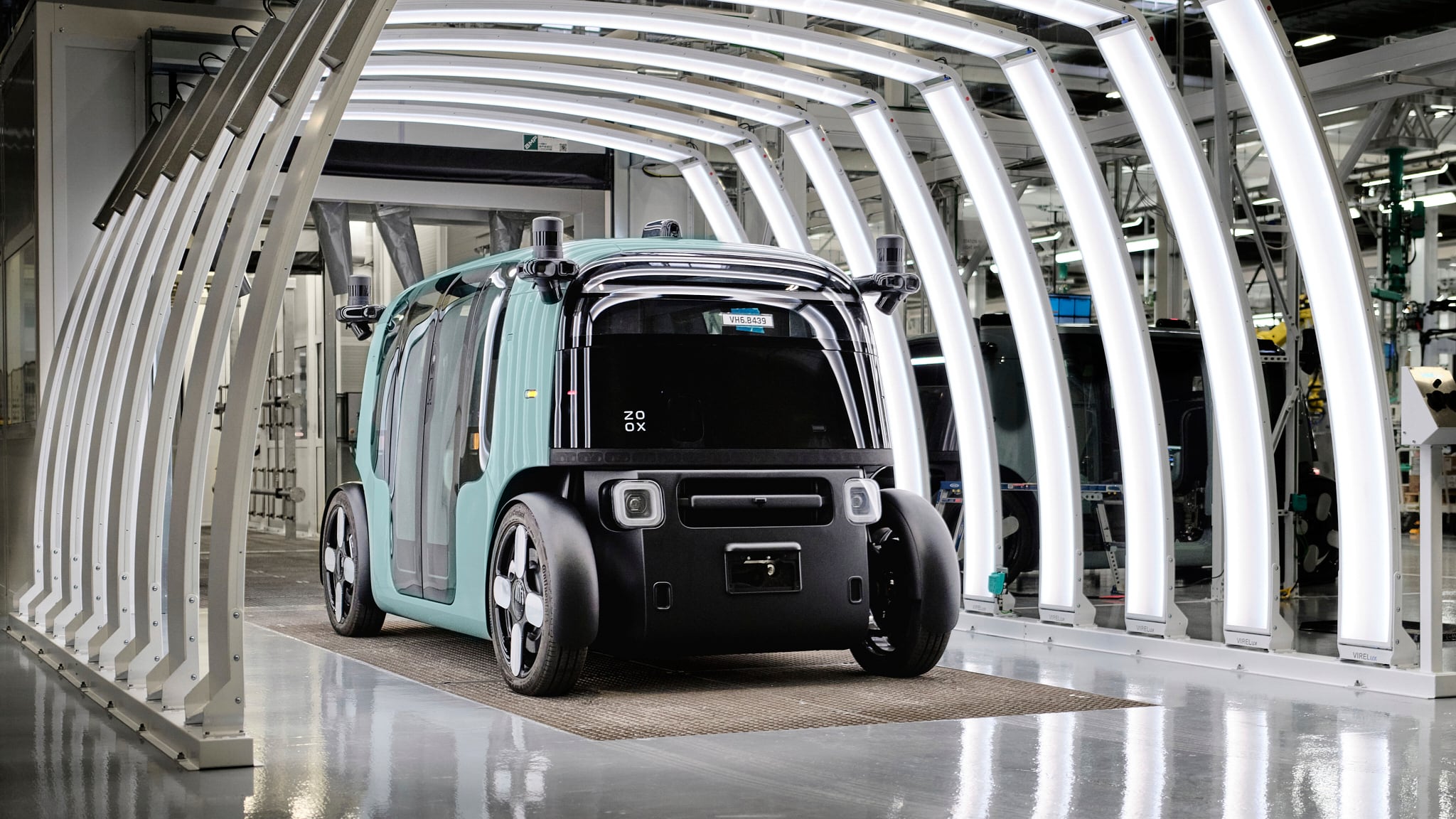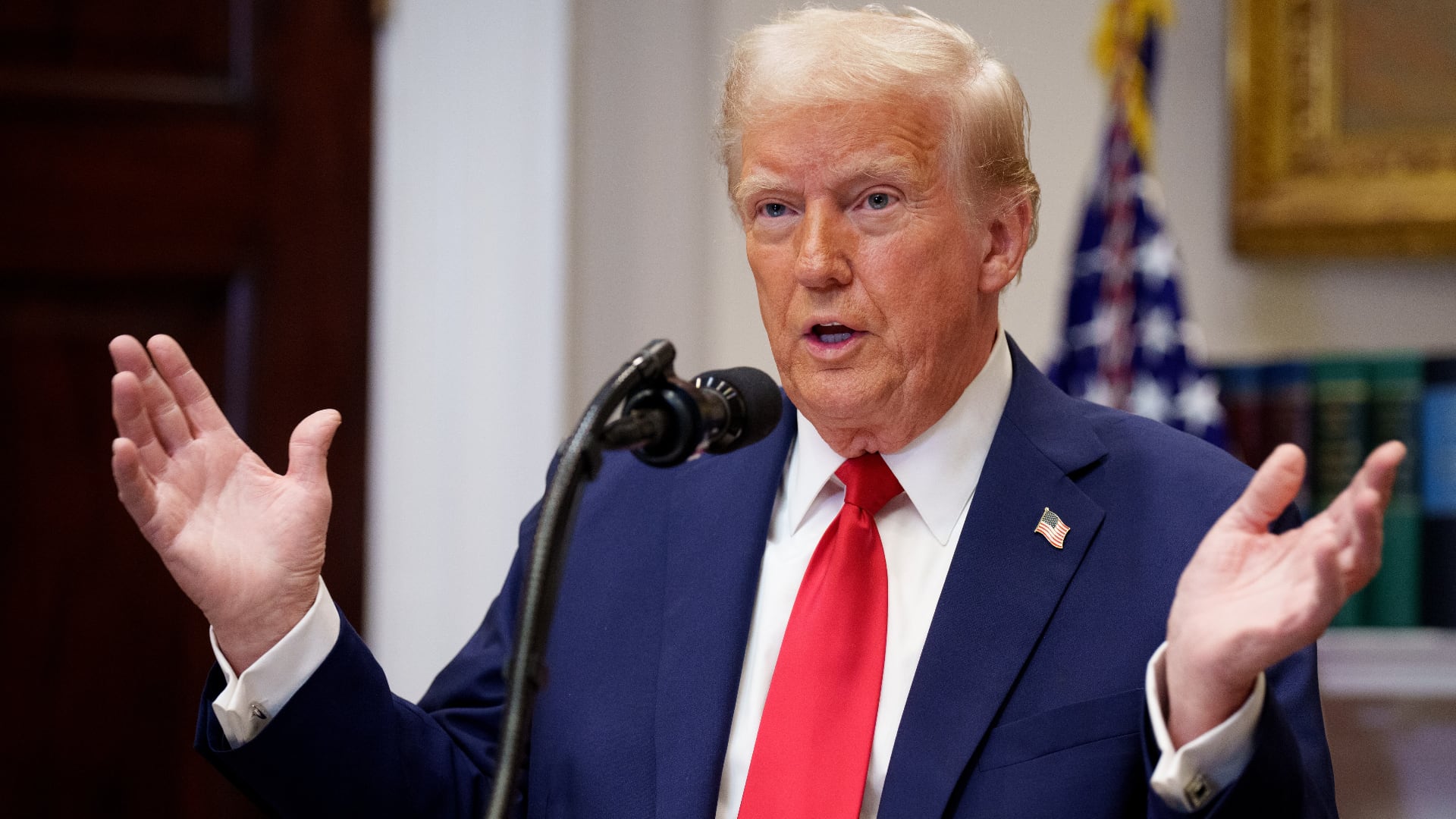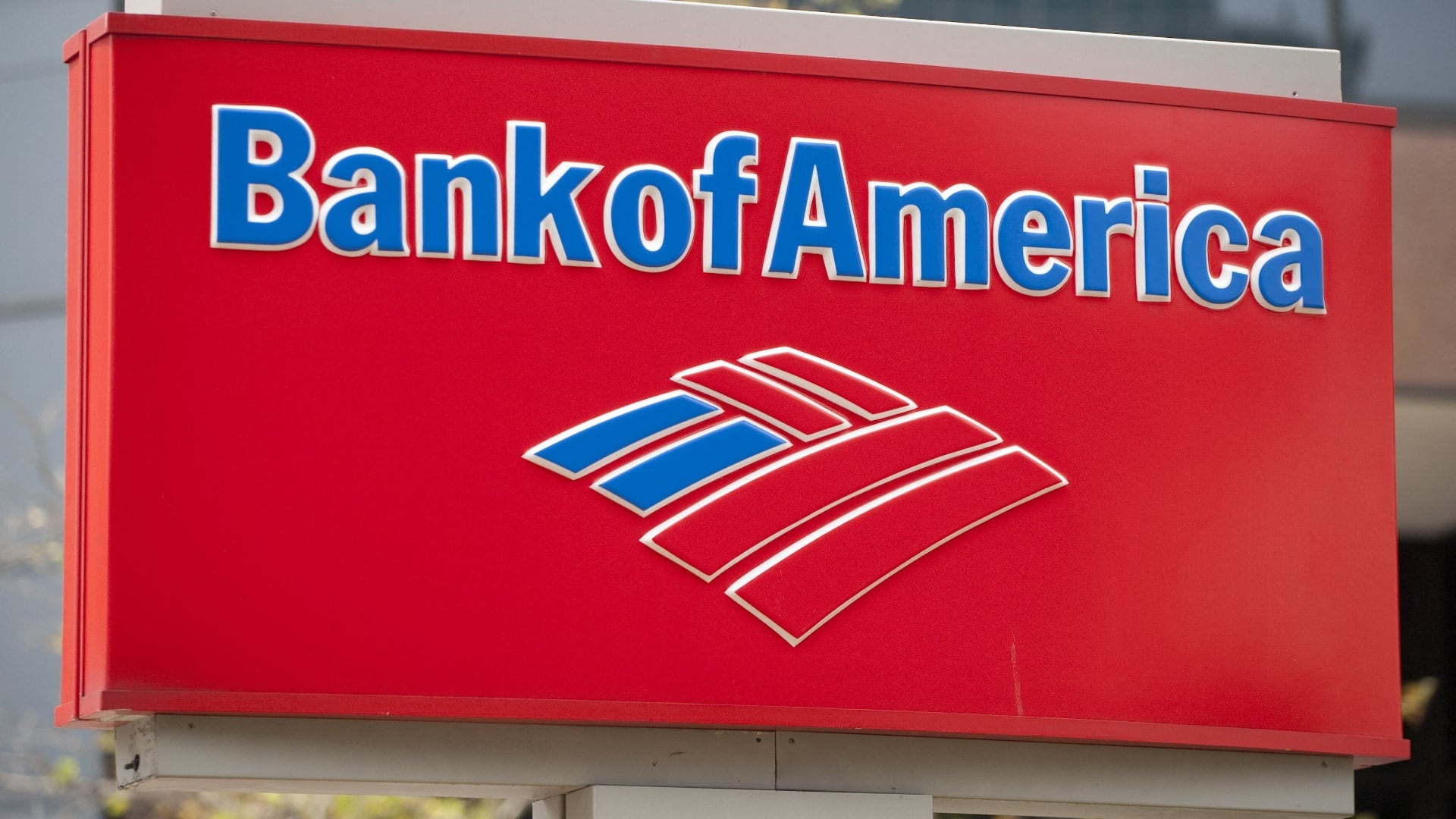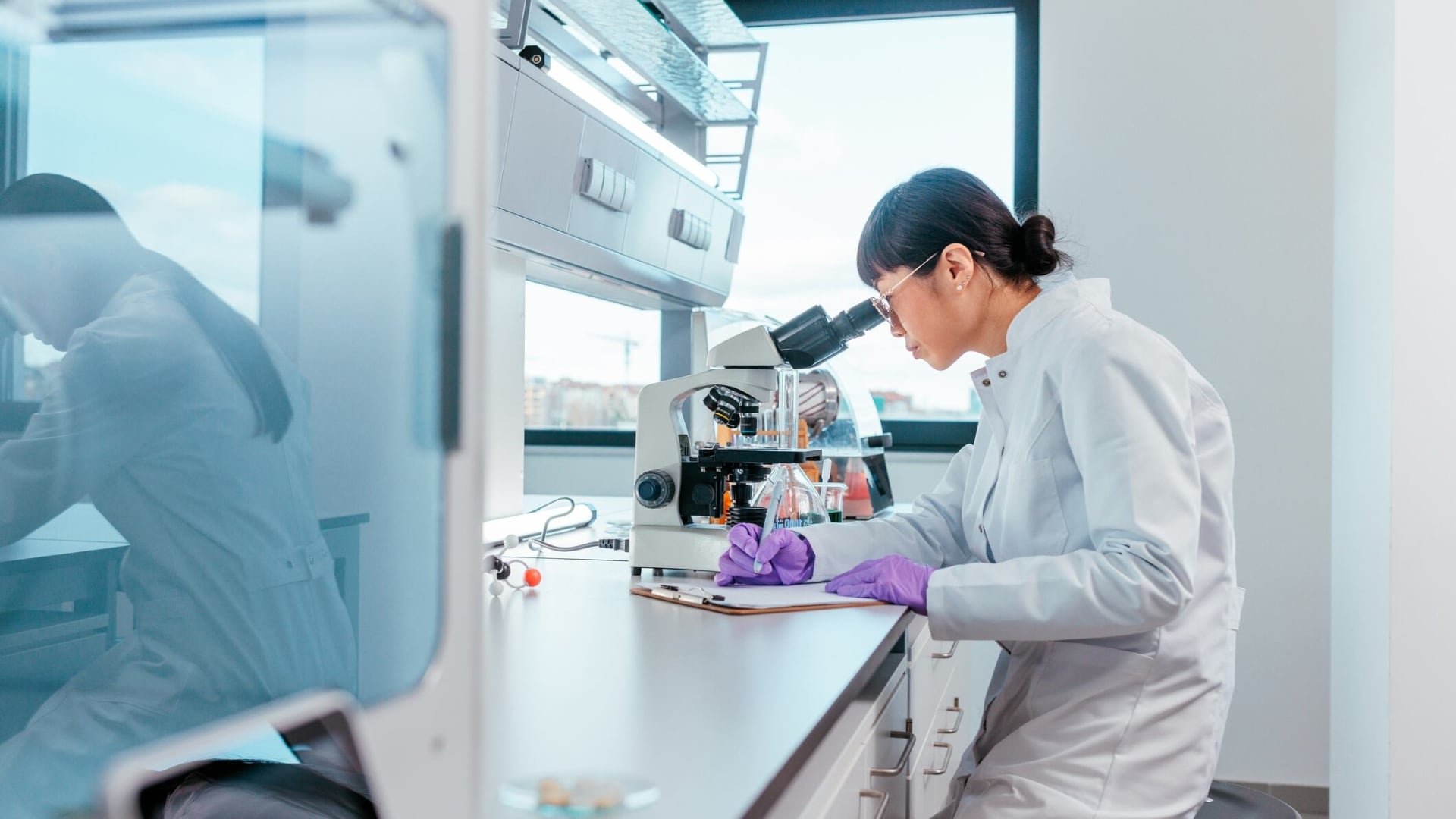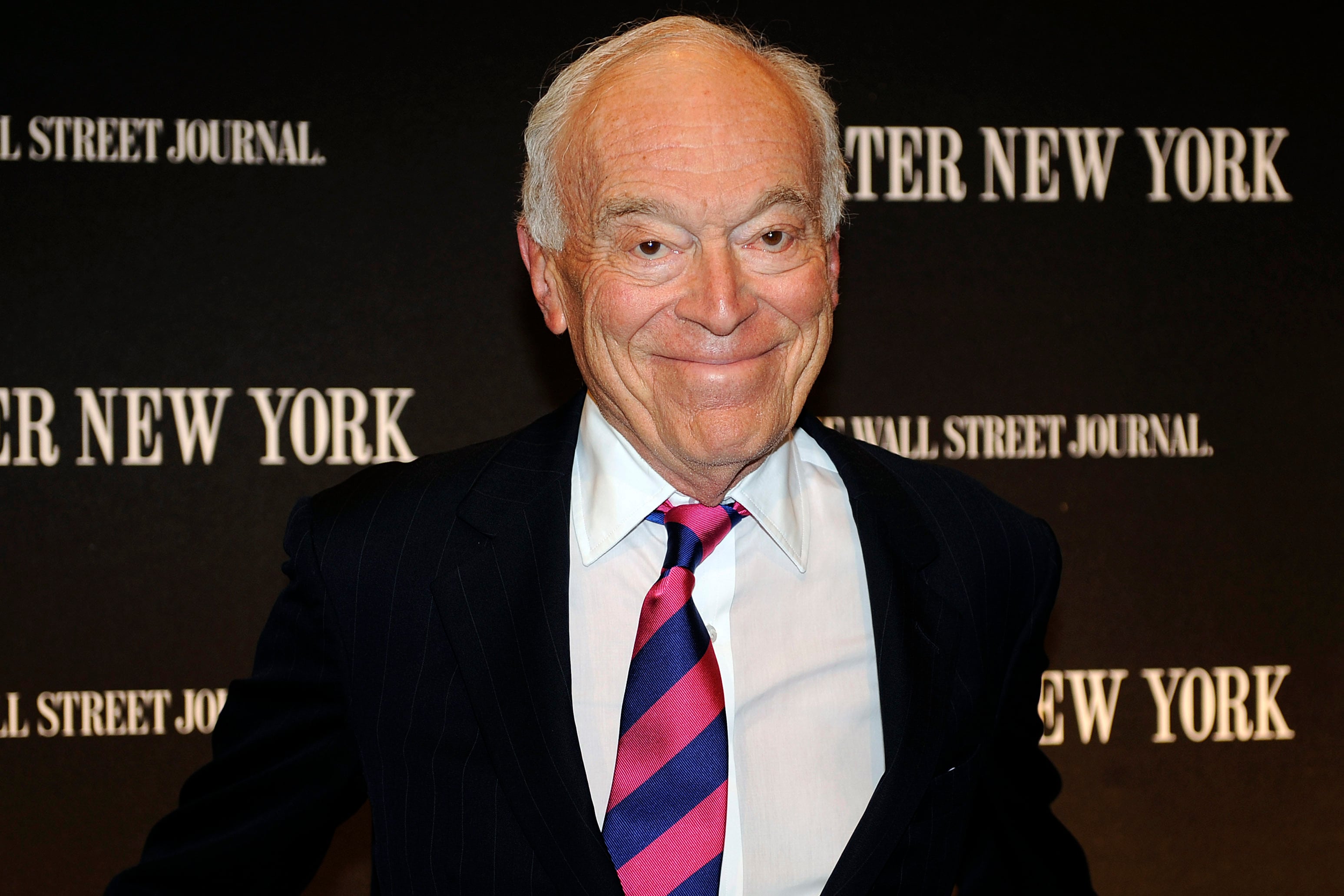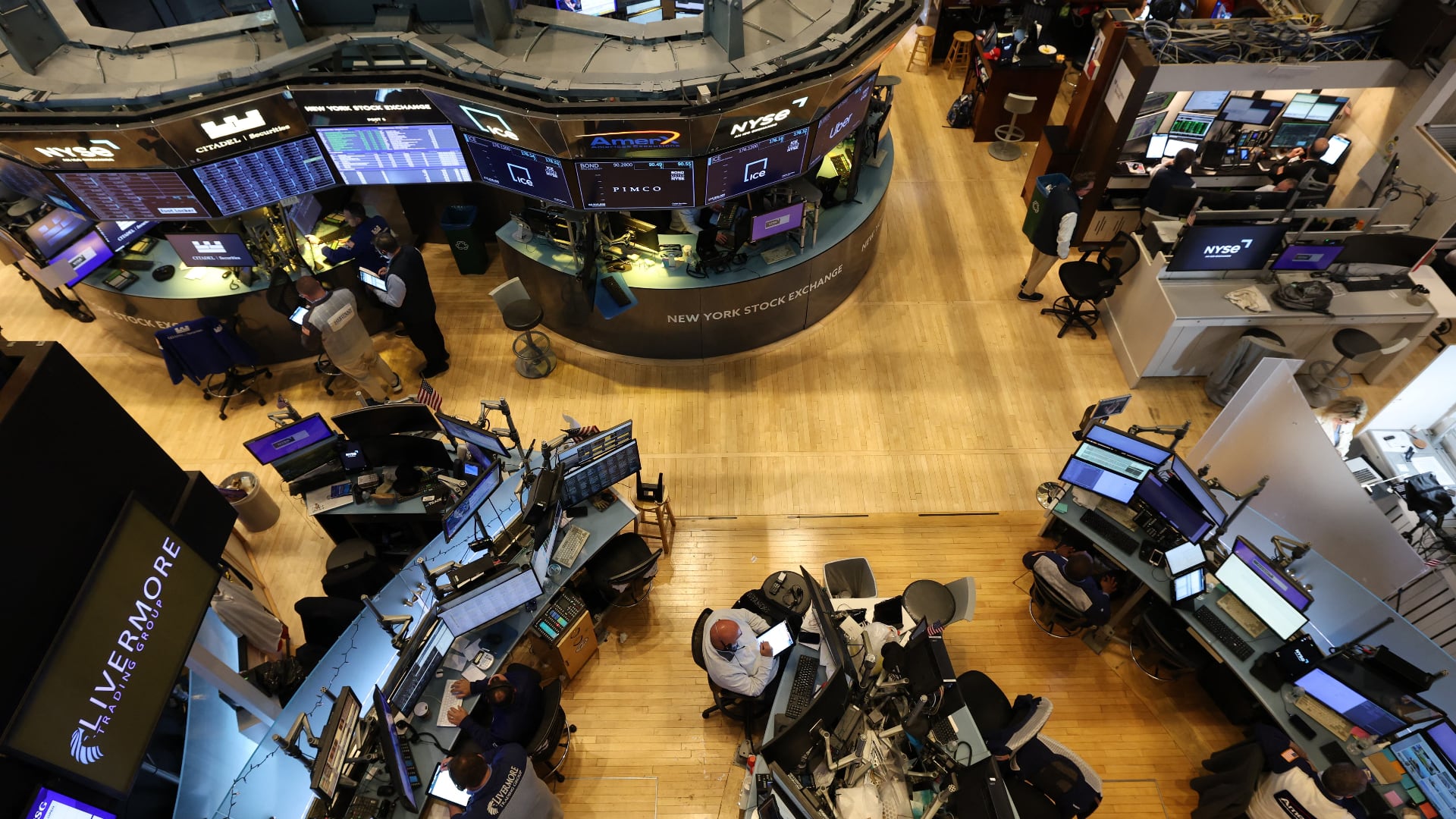By Martin Crutsinger
U.S. consumer confidence fell to a nine-month low in November, clipped by rising prices and concern about the coronavirus.
The Conference Board reported Tuesday that its consumer confidence index dropped to a reading of 109.5, down from 111.6 in October. It was the lowest reading since the index stood at 95.2 in February.
The survey was completed on Nov. 19 and would not include the ramifications of omicron, a new variant of the coronavirus that has begun to spread with few solid answers about the damage it might do to the U.S. and global economies.
Even before the omicron variant appeared, consumer optimism was being tested by price spikes across the board, particularly for gasoline and food.
The Conference Board's present situation index, which measures consumers' assessment of current business and labor conditions, fell to 142.5, down from 145.5 in October. The expectations index, based consumers' outlook for income, business and labor market conditions, fell to 87.6 in November from 89.0 in October.
The Conference Board said that concerns about rising prices and to a lesser degree, lingering worries about the delta variant, were the primary drivers of the November decline.
But economists believe rising prices and any jolt from the omicron variant will not have a major impact on holiday spending this year, something that can have a sizable impact on the U.S. economy.
Nancy Vanden Houten, lead U.S. economist at Oxford Economics, said she expected the omicron variant would have only a “moderate negative impact on growth.” She is looking for the overall economy, as measured by the gross domestic product, to expand at an annual rate of 7.9% in the current quarter ending in December, a big improvement from the lackluster 2.1% GDP gain in the July-September quarter.
The decline in the Conference Board confidence index followed an even bigger drop reported last week in the University of Michigan's gauge of consumer sentiment, which fell in November to a decade-low of 7.4, compared to a final October reading of 71.7.
The smaller decline in the Conference Board survey reflects the fact that this index places more emphasis on the labor market, which has been performing well this year.
